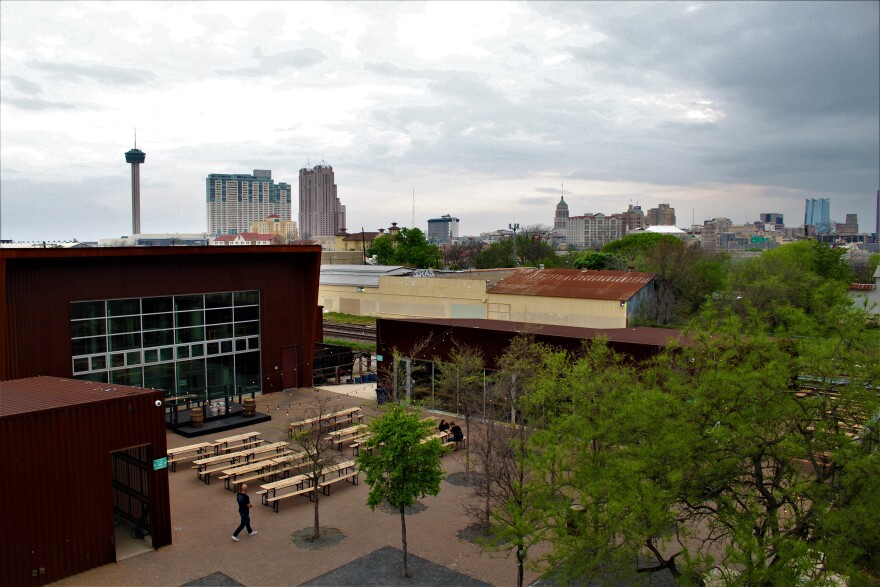Schools are closed. There’s panic in the grocery aisles. The economy is weakened. We are all facing uncertainty and anxiety because of the pandemic of Covid-19. In her commentary Texas Public Radio contributor Yvette Benavides reminds us that San Antonio has been through desperate times throughout its 300-year history. Sometimes positive reforms have come from facing those challenges. Sometimes we learn that we are more vulnerable than we thought.
In the wake of a natural disaster or epidemic, much emerges about whose cool head prevails and what changes might be necessitated in existing systems that help keep a city running without disrupting daily life. In the fall of 1866, San Antonio experienced a cholera outbreak. Two hundred ninety-two people succumbed to the effects of the illness, a bacterial disease that spreads through contaminated water. It was the second cholera epidemic in less than two decades: an epidemic in 1849 had killed five hundred. With the later outbreak, remedy came in the form of proactive reforms in the city infrastructure. Sidewalks were paved and street gutters installed to move and drain stagnant water. The lack of a hospital was a factor in the high death rate. The Sisters of Charity of the Incarnate Word would remedy that, and on December 1, 1869, they opened the Santa Rosa Infirmary. It has grown into today’s Christus Santa Rosa Health System.
What are we learning right now, in the midst of this global pandemic, about what social scaffolding is too weak to sustain us? What other systems and frameworks are proving insufficient to handle the numbers of those succumbing to the effects of Covid-19 if we can even test them? Paid sick leave or expansion of availability of healthcare are sure to bubble up as necessary reforms for the near future.
As we encounter the inadequacies of overstressed systems, it is time to think about what we can each do proactively. Dr. Anthony Fauci, the nation’s top infectious disease expert, has said that if you feel you are overreacting, you’re handling the situation correctly—hunkering down at home, limiting exposure to others. In times of crises, we have the tendency to want to come together and stand shoulder to shoulder with others who understand what we are going through. Running counter to this very human need is the admonition of everything from social distancing to self-isolating. As we follow the recommendations to isolate to stem the spread of this infectious disease, it doesn’t mean we are alone in our isolation.
Denizens of a city make an implicit pact with their neighbors. If we are susceptible to the spread of Covid-19 because of proximity, we have likewise entered into a contract to help each other resolve our problems. Our empathic intentions should be infectious as we work to face what else comes next. What is a city if not a collection of people brought together by dint of destiny to do just that? We can stand together by standing six feet apart—at least for now.

